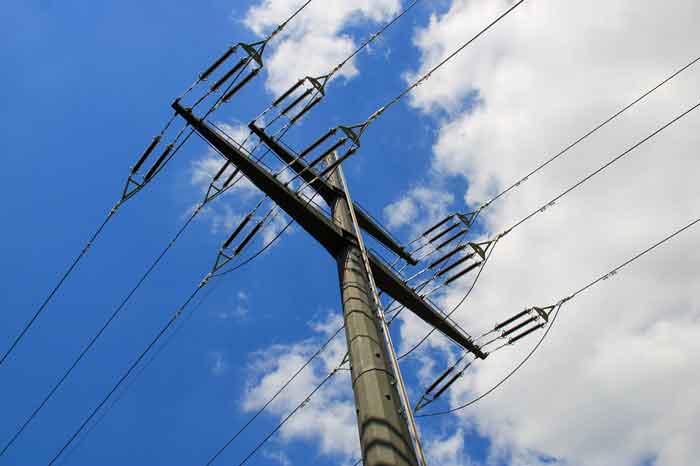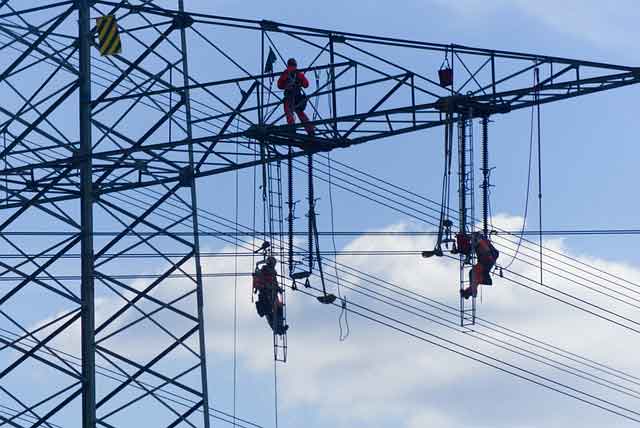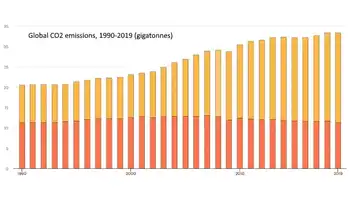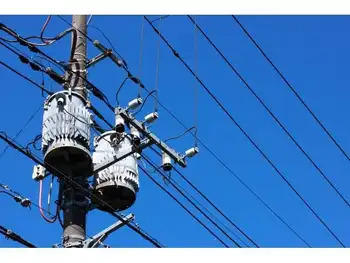UBC to install biomass gasifier
VANCOUVER, BRITISH COLUMBIA - A combined-heat-and-power (CHP) biomass gasification system to be installed on the University of British Columbia campus in Vancouver will generate 2 megawatts of electricity, enough to power 1,500 homes.
The UBC Bioenergy Research and Demonstration Project is a partnership with Vancouver-based Nexterra Systems Corp. and GE Energy.
The project has two main operating modes. The first, a thermal-only system, will use Nexterra’s gasification technology to produce syngas, which will be used to produce 20,000 pounds per hour of steam, replacing natural gas to meet heating needs, according to UBC. The second mode, dubbed the “Demonstration System,” will use Nexterra’s gas conditioning system and GE’s high-efficiency gas engine to convert syngas to steam and electricity, satisfying up to 6 percent of the university’s electricity demand.
The system will require two to three truckloads of wood fuel per day, as much as possible sourced locally from British Columbia Aboriginal and First Nations communities. It will include clean surplus wood manufacturing material, whole-tree chips from beetle-killed and non-marketable timber, wood chips from saw mills and tree trimmings from the campus, according to UBC.
Upon approval, construction on the $26 million project could start in the second quarter of this year and be finished within 15 to 18 months, according to UBC. The school will pay $5.5 million of that cost with the rest coming from industry, federal and provincial governments, including the BC Bioenergy Network, Natural Resources CanadaÂ’s Clean Energy Fund, Sustainable Development Technology Canada and FPInnovations, according to the university. UBC will recover its portion from reduced natural gas consumption, lower fuel costs and reduced carbon taxes. The 220-foot-long, 80-foot-wide and 4-story-tall building will be constructed using engineered wood products produced in British Columbia.
The project also will provide learning and research opportunities for the schoolÂ’s students and faculty. Research collaborators include the Institute for Resources, Environment and Sustainability, the Clean Energy Research Centre, the Centre for Interactive Research on Sustainability, the Faculty of Applied Science, the Pacific Insitute for Climate Studies, and the Sauder School of Business.
Related News

Strong Winds Knock Out Power Across Miami Valley
MIAMI - On a recent day, powerful winds tore through the Miami Valley, causing significant disruption across the region. The storm, which was accompanied by gusts reaching dangerous speeds, led to widespread power outages affecting thousands of homes and businesses. As trees fell and power lines were snapped, many residents found themselves without electricity for hours, and in some cases, even days.
The high winds, which were part of a larger weather system moving through the area, left a trail of destruction in their wake. In addition to power outages, there were reports of damage to buildings, vehicles, and other…




